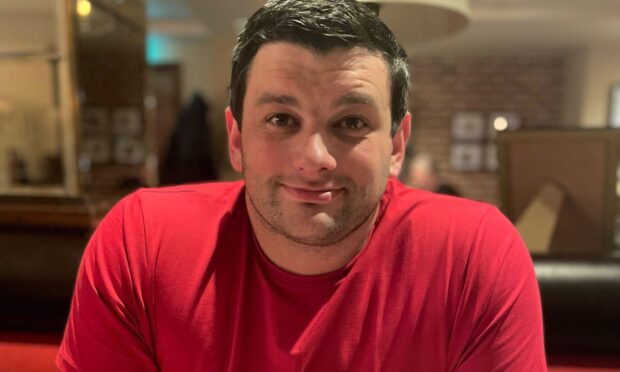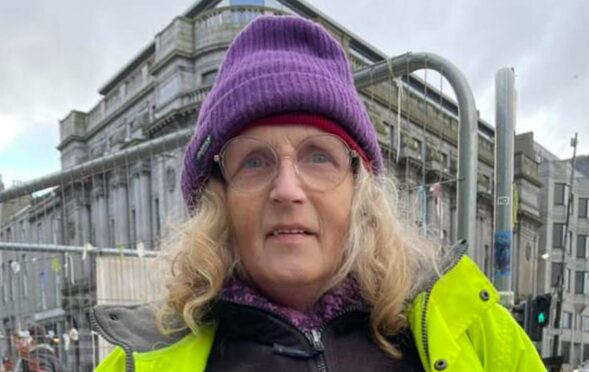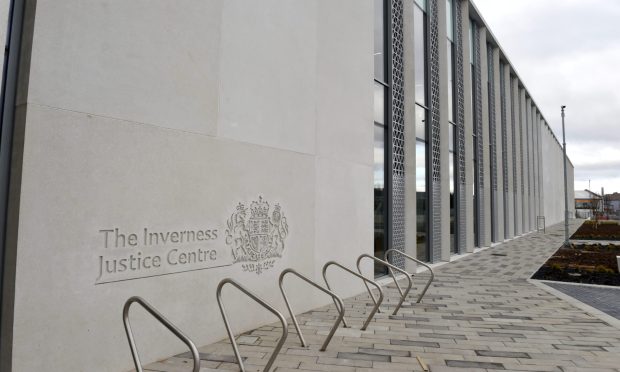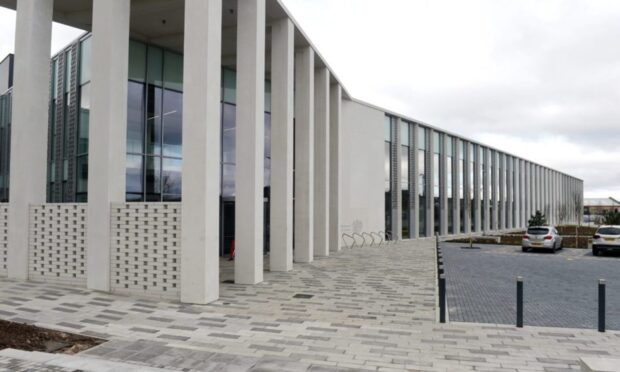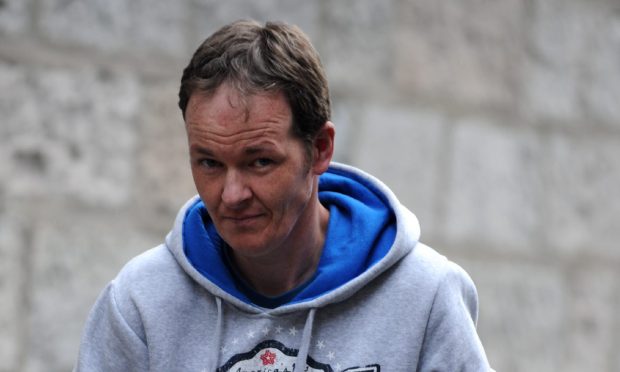An Aberdeen tea firm has lost its appeal against a decision to allow hundreds of allegedly injured Kenyan plantation workers to sue it for compensation.
James Finlay (Kenya) Limited’s bid to have the legal challenge thrown out by Scotland’s most senior judges at the Court of Session in Edinburgh was rejected on Friday.
It followed a landmark ruling which allowed the multi-million-pound group action against the Aberdeen-registered firm.
Around 1,500 past and present employees have claimed they suffered musculoskeletal injuries through excessive demands placed on them by the company.
But Lesley Shand, QC who represents the employer, argued that it had been beyond the legal powers of a judge (the Lord Ordinary) to permit the group’s proceedings against her client in the first place.
‘Absence of supporting material’
She said that no common issue was before the court for its consideration and explained that there was a “vagueness” to the claims and an “absence of supporting material”.
Miss Shand told the judges: “I have noted on the internet the World Health Organisation say there are over 120 musculoskeletal conditions and it’s self-evident that will include ligaments, muscles, joints and bones”.
And she added: “Where you have simply broad general contentions about something as wide as musculoskeletal injuries and a huge raft of claims in vague terms about what was unsafe – is it training, is it machinery, is it lifting? – it is not possible to discern that there is a common issue of fact”.
But the judges Lord President Carloway and Lords Malcolm and Turnbull did not agree.
And they did not even need to listen to the arguments from Andrew Smith QC who represents the group of workers before making their decision.
‘The motion is refused’
The Lord President said: “The court has no difficulty in finding that the Lord Ordinary was correct”.
He explained that it was for the court to consider the validity of the claims that musculoskeletal injuries resulted from common conditions of employment by Finlays and decide whether its working practices amounted to negligence.
And Lord Carloway concluded: “The reclaiming motion is therefore refused”.
During proceedings, a war of words erupted between both sides of the case.
Andrew Smith QC said: “I can’t let it pass, my learned friend suggesting that there’s a lack of documentation.”
‘Entirely destined to failure’
He told the court that repeated requests to Finlays for information were not forthcoming.
“We gave a comprehensive list of documents and materials that were being requested. That request was not responded to. A reminder was sent and that was equally ignored,” he explained.
Mr Smith criticised Finlays’ legal team for making its appeal, which he said was “entirely destined to failure”.
And he accused the defenders of using “tactics” which he claimed were “designed to cause delay in the further progress of the litigation”.
He added: “There’s an effort being made by the defenders to essentially slow the cases down and inhibit proper conduct and investigation.”
It emerged that there’s an ongoing legal battle in the Kenyan courts to prevent health and safety experts from inspecting Finlays’ working conditions.
A Sheriff Court in Scotland previously granted an order for ergonomists to carry out the testing of weights and filming, but an injunction halted their site visit.
Andrew Smith QC said: “This was not the Kenyan Government or their diplomatic office being concerned. It was on the application of James Finlay”.
The case is to be heard in the Kenyan Supreme Court on June 16 to decide whether the Scottish court order can be enforced.
Earlier this year, on April 8, Mr Smith said he obtained an interdict from the Court of Session against the destruction of medical records.
He commented: “The idea that the defenders are coming to this court essentially with clean hands on the whole matter with a valid point to make, in my submission, simply doesn’t hold water”.
Patrick McGuire, a partner at Thompsons Solicitors which represents more than 700 claimants, welcomed Friday’s ruling.
He told the Press and Journal: “It’s another great day for justice for the Kenyan people that we represent.
“The situation whereby the three judges said that they did not even need to hear from our QC and dismissed the appeal tells everyone how weak an appeal it was.
“Finlays are hell-bent on dragging this out and denying justice for their workers and using any means to achieve that.
“That tactic resulted in them getting a bloody nose from the appeal court which is entirely right and appropriate.”
Finlays’ tea operation supports 7,000 people who live and work on the firm’s farms which produce 28 million kilograms of tea leaves every year.
The company declined to comment and a pre-hearing will take place in the near future.
For all the latest court cases in Aberdeen and the latest crime and breaking incidents, join our new Facebook group.








